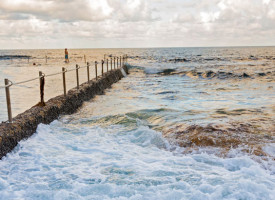A Will is a very important written document in which you direct how your assets will be distributed after your death. Making a Will can save family and friends unnecessary hardship and heartache.
Dying without a Will is known as dying intestate.
Any person over the age of 18 can make a Will. However, a Will can only be signed while you are aware of what you are doing.
When you make a Will, you select the executor of your choice. This can be a person or trustee organisation. The executor you appoint is responsible for the entire administration of the estate until the final distribution of assets is made to the beneficiaries.
Being an executor is a demanding job, requiring a good understanding of legal, accounting and taxation requirements so you need to consider your choice of executor carefully. In most cases the surviving spouse with the assistance of a solicitor will suffice, but a competent alternative needs to be considered following the death of the first spouse.
Having a Will should ensure that the administration of your estate will be quicker, cheaper and more efficient than if you die without a Will. The assets of a person who doesn’t leave a Will are distributed according to the law, and this may not be in accordance with your wishes.
You can make your own Will with a do-it-yourself kit from a newsagent, or you can get help from a professional such as the Public Trustee or a solicitor. If you do it yourself you need to be very careful to fill it out correctly, or it may be invalid.
Updating your Will
It is recommended that you update your Will every five years, or if your situation changes, for example, due to bereavement or divorce. Periodically updating your will ensures that it continues to reflect your wishes. The most common disqualifying events are the creation and proper execution of a new Will and the marriage or divorce of the testator (unless the earlier Will was drafted in express contemplation of the marriage or divorce).
Advantages of a Will
The advantages of having a Will include:
- Allowing you to choose who will inherit your possessions.
- Quicker distribution of your estate, possibly avoiding legal and financial problems for your beneficiary or beneficiaries.
Registering your Will
Some state governments offer a voluntary Wills Register. For example, in NSW you can register the location of your Will with the NSW Registry of Births Deaths & Marriages. For a search fee, your family will be able to discover the location and holder of any Will you have registered. Your solicitor will be able to help you register your Will.




